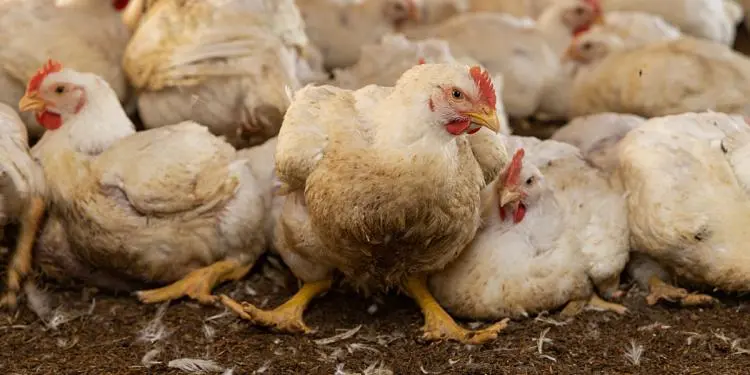Brussels, [Date] – Despite strong public opposition, the European Commission has formally presented the EU-Mercosur Partnership Agreement (EMPA) and the Interim Trade Agreement (ITA) to EU Member States. Animal protection organisations are now calling for a firm rejection of the agreements in their current form, warning of devastating consequences for millions of farmed and wild animals.
Mercosur countries—Argentina, Brazil, Paraguay, and Uruguay—are already among the EU’s largest trading partners for cow and chicken meat. Under the new EU-Mercosur trade deal, these nations would gain significant additional market access for products originating from intensive industrial farming systems, where animals are often kept in overcrowded and inhumane conditions.
Although the agreements include some sustainability provisions, they fail to link tariff preferences to higher animal welfare standards, a key demand of EU citizens. The only welfare-related clause applies to shelled eggs, which represent negligible trade volumes, rendering the measure largely symbolic rather than meaningful.
Chilling Effect on EU Laws
The modernised trade deal introduces a “rebalancing mechanism”, allowing Mercosur countries to challenge new EU legislation if it affects benefits gained from the agreement—even if the EU law is fully WTO-compliant. Critics argue this mechanism could discourage EU lawmakers from strengthening animal welfare and environmental protections in the future.
Threats to Wild Animals and Biodiversity
The trade agreement is also expected to intensify deforestation in ecologically sensitive regions such as the Cerrado, Gran Chaco, and Pantanal, driven by rising demand for cow meat, leather, and soy for animal feed. This would not only threaten biodiversity and endangered species but also undermine the EU Deforestation Regulation (EUDR) by allowing certification schemes previously deemed insufficient by the EU.
Undermining EU Farmers and Sustainable Food Systems
EU-Mercosur trade could also harm European farmers who are transitioning toward sustainable and higher-welfare food systems. By permitting imports that fail to meet EU standards, the agreement risks creating unfair competition, despite safeguard measures proposed by the European Commission.
Similarly, the modernised EU-Mexico trade agreement, while including a standalone chapter on animal welfare, does not link future preferential imports to welfare standards, representing another missed opportunity to strengthen ethical trade practices.
Calls for Action
Eurogroup for Animals welcomed the European Commission’s promise to develop legislation ensuring EU animal welfare standards are applied to imported products. However, they stress that agreements like the EU-Mercosur ITA should not be ratified until such legislation is fully implemented.
The organisation urges EU Member States to withhold consent for the deal and ensure full democratic scrutiny, including through national parliaments, before any trade agreement is finalised.
“Ratifying the EU-Mercosur trade deal in its current form would come at the expense of millions of animals, EU farmers, and vital ecosystems,” Eurogroup for Animals said in a statement.
